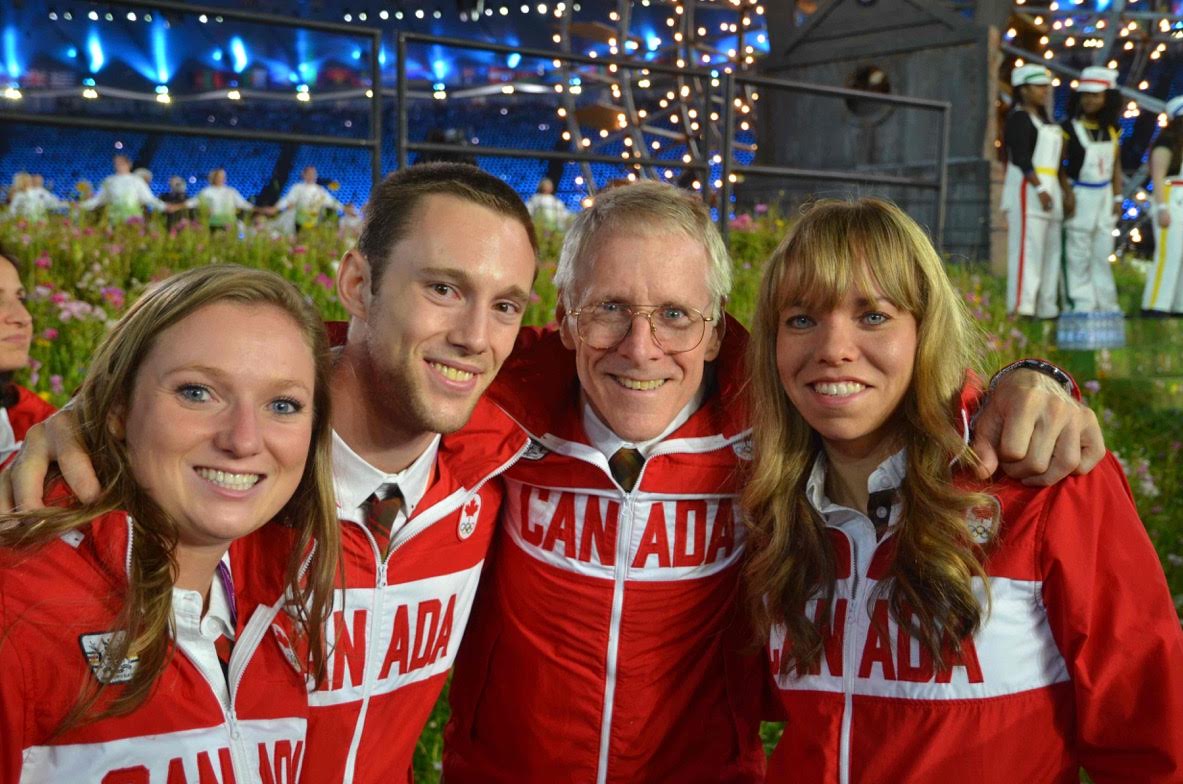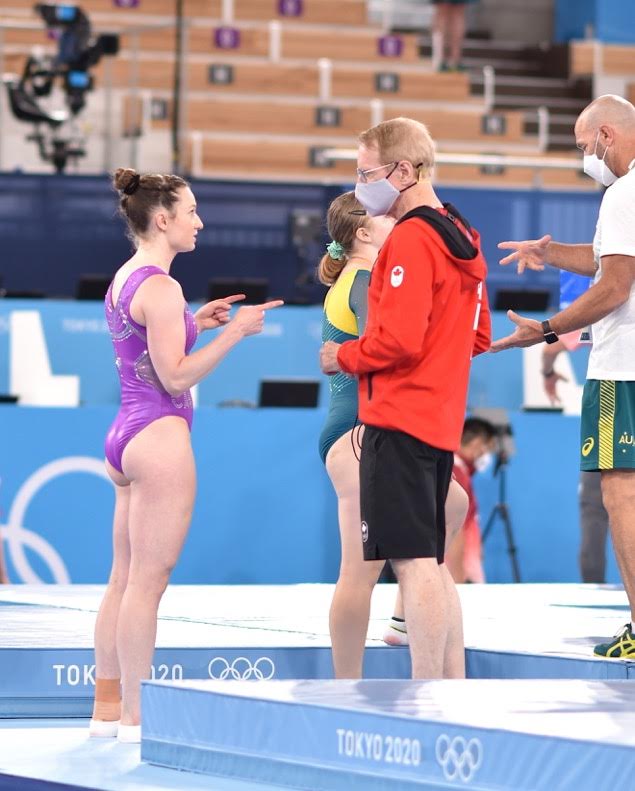Patience is the key to talent identification and development: Olympic trampoline coach
 According to Olympic trampoline coach Dave Ross, it’s rare for a coach to encounter the mind of a true champion. As a talent identification expert, he has coached thousands of athletes at the club level and seen a few right through to the finals at six different Olympics.
According to Olympic trampoline coach Dave Ross, it’s rare for a coach to encounter the mind of a true champion. As a talent identification expert, he has coached thousands of athletes at the club level and seen a few right through to the finals at six different Olympics.
His personal club athletes have won seven Olympic medals. While he acknowledges physicality will always play a vital role in determining who will excel, the real differences are mental. Young coaches are looking for the athlete with the right body—it takes time to fully understand how important the right mind is.
“Winning is about achieving goals. A regular person sees something like a fast car and thinks ‘I want that’. But how badly do they want it? Did they look into what a decent used Corvette costs? Are they willing to earn and then spend that much money? The person who wants it badly enough has a different mindset. They’re on a mission. They see the car and find a way to have one. When you are on a mission it is not a question of if. The questions are about how and when,” Ross told Sport for Life.
Early on in his career Ross realized that Canada was not going to beat the then combined Soviet Union (or today, China) by having more athletes or more money. Many coaches are looking for well-balanced and coachable athletes. Ross was looking for race horses, or outliers with an extra gear.
“They might be a handful, but they might be worth it. Talent identification is as critical as talent development. I wish our country was set up to direct those with talent to the sports they are most likely to excel at,” he said.
With that said, the trajectory each athlete takes can differ radically from one player to the next — and coaches need to be prepared for that. Having seen how funding structures work over the years, Ross has witnessed how administrators rely on a predictive curve that accidentally excludes some potential future medalists. Example: The first Canadian to get a world championship medal in trampoline ever, in 1982, started trampoline at age 16! With current thinking that is more unlikely, despite trampoline being an Olympic sport with some funding.
“Administrators make decisions about how to spend sport money, so they look at who won a medal last time and ask ‘what did they do?’ They create a gold medal profile. By each age, you’re supposed to have reached certain benchmarks. If you don’t follow the curve, you’re off. At, say, 10 or 12, you were good enough, but now you’re off the curve so you don’t get funding,” he said.
“Administrators think there is a recipe to produce a champion. It’s not that easy. Athletes often don’t follow a curve. They deviate, go down and then up again. By following a formula, people can be lost. Every champion finds their own way.”
Ultimately, he believes in supporting athletes on the paths they choose for themselves. That earned him the praise of Heather Ross McManus, who celebrated his work during the recent webinar Talent Development: A Slow Cooker not a Pressure Cooker!: Cultivating an Environment for Learning. She called coaches like Ross “dream merchants” who convince athletes to believe in themselves.
In trampoline, the first big hurdle that separates beginners from becoming athletes is fear. Coaches have to master the progressions, spotting methods and coaching manners to get athletes past their fears. However, the second big hurdle—the one which separates athletes from champions— is that you have to believe you can do it. Developing self-confidence is paramount, so coaches should be instilling that in their athletes right from the start.
“My goal was to find talented individuals and keep them in the gym long enough to become successful. A good coach is like a good parent. For young athletes, you have to give them rules, but over time provide them the room needed to grow more independent. Ask questions to make them think. Give them the space* to become self-motivated. I think I’ve been successful in my career by empowering my athletes. Eventually they own the football and I’m not the boss, but rather a mentor. The athlete has majority control. To be successful on the world stage, a star athlete should be well out of the nest, standing on their own feet,” Ross said.

“A good athlete-coach relationship is crucial. The key ingredients are trust and respect in both directions. Honesty is a cornerstone. To quote Theodore Roosevelt, ‘People don’t care how much you know until they know how much you care.’”
* Dave Ross on “the space”: “No one wishes to be 13 again. When athletes go through puberty, they also transition from wanting to please others to being self-directed. In the middle, they try to avoid doing what they are told, but also don’t know what they want. I would rather such an athlete waste a year or two in this motivational wasteland than have a bossy coach step in and give them marching orders. This risks making them hate the sport and the coach, and does not help them become self-motivated.”
SUMMARY
Talent development
– Become an expert at polishing – Learn to get the last 10% out of all your top athletes. Essential when you encounter the great ones.
– Nurture self-motivation and self-confidence. Start on day one. Athletes must believe winning is possible.
– Empower your athletes.
– Be a dream merchant without setting impossible goals. When you are working with a star emphasize they are good because they work hard, and convince them that doing something that has never been done before is simply progression, not madness. (Repeat after me, “Yes coach, your delusions will become my realities.”)
Talent identification
– Look for outliers who are exceptional in their passion for the sport, grit, intelligence, strength and co-ordination.
– They must be on a mission, or hungry to be great.
– Expect differences! – Every champion finds their own way, and brings something (often unexpected) to the table. There is no set formula (tell administrators!).

